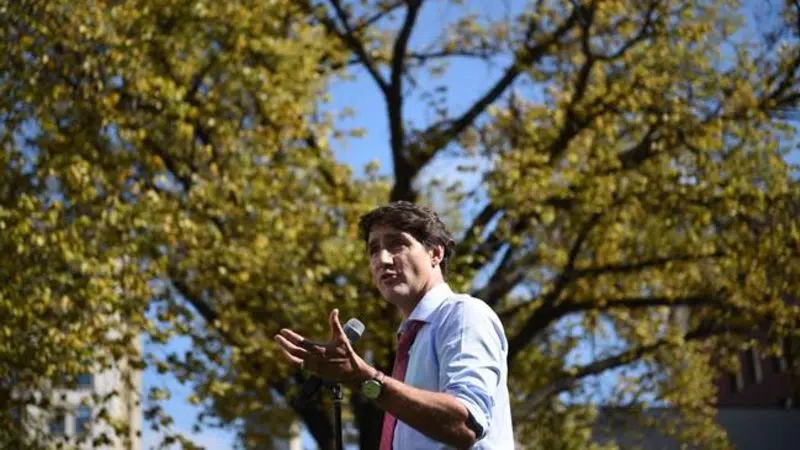
Poor judgment but not a racist: Quebec’s political class weighs in on Trudeau brownface
MONTREAL — Quebec’s political class largely condemned Justin Trudeau’s brownface and blackface episodes Thursday, but usual political opponents sprung to the Liberal leader’s defence against allegations of racism.
Interim Parti Quebecois Leader Pascal Berube called Trudeau’s actions an error in judgment, but also pointed to his track record on inclusiveness and diversity.
“It’s a very bad idea in any circumstance …. Since he became prime minister, Mr. Trudeau often shows poor judgment,” Berube said. “It’s not appropriate. There’s never a good context. I’m uncomfortable with it, and always have been.”
But he said it doesn’t make Trudeau racist.


